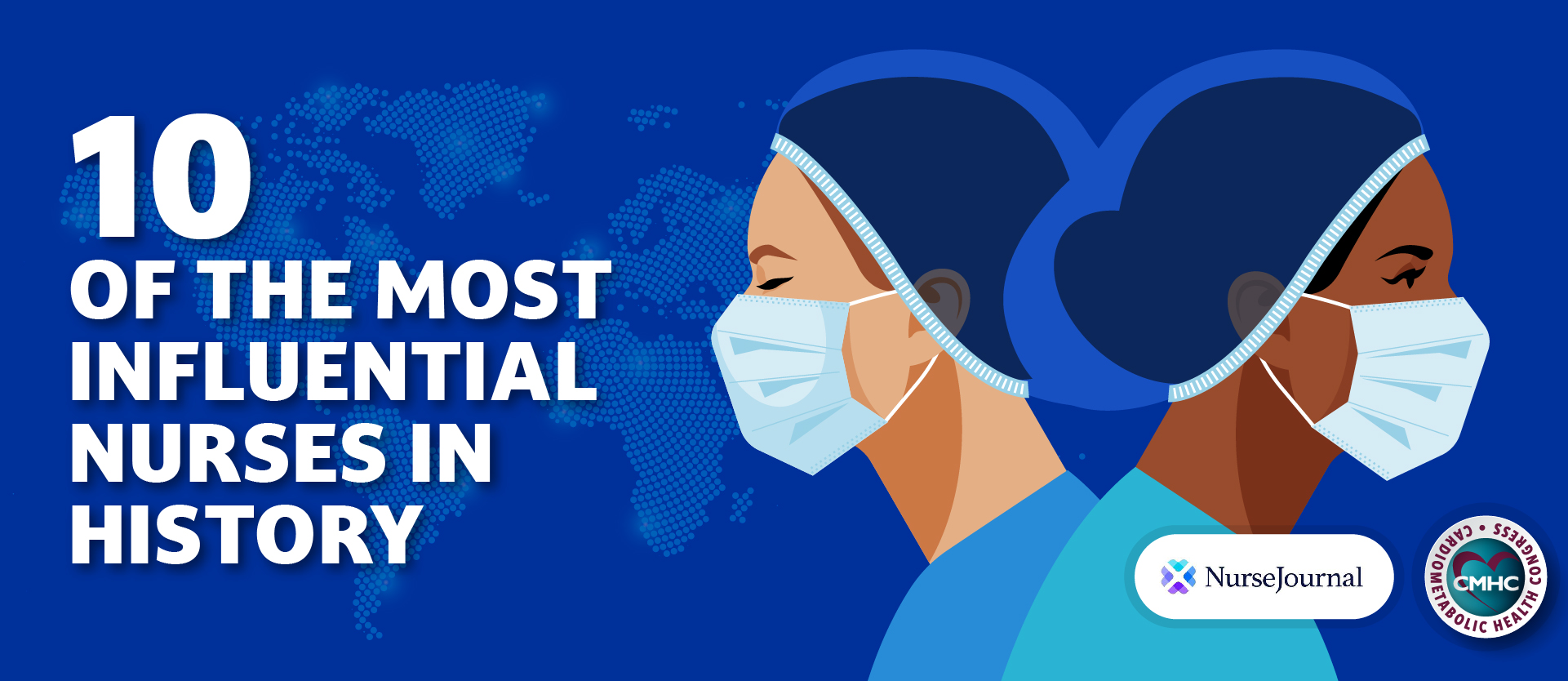 A recent article published by CNN reports escalating global statistics of blood pressure, in a collaboration with the World Health Organization and hundreds of scientists around the world. Collected data reveals that over 1 billion people are living with high blood pressure. While the majority live in low and middle-income countries, the statistics show that the number of people affected by high blood pressure has almost doubled in the past two decades—affecting men, more than women.
A recent article published by CNN reports escalating global statistics of blood pressure, in a collaboration with the World Health Organization and hundreds of scientists around the world. Collected data reveals that over 1 billion people are living with high blood pressure. While the majority live in low and middle-income countries, the statistics show that the number of people affected by high blood pressure has almost doubled in the past two decades—affecting men, more than women.
The study confirms that there is a striking disparity between geographical locations and people affected; high-income countries have shown a sharp decline in blood pressure, while the numbers have spiked in lower and middle-income countries: particularly Africa and South Asia. Majti Ezzati, the leader of the analysis and a professor of global environmental health at Imperial College London, confirms that blood pressure “is a condition of poverty, not affluence.”
Factors that contribute to increased blood pressure include access to healthy food options, coupled with nutritional knowledge and health services that provide diagnosis and treatment. Because nutrition is a lesser-known factor, children—early in life—are becoming undernourished, which inevitably leads to elevated blood pressure as they age.
The World Health Organization has announced that high blood pressure caused approximately 7.5 million deaths globally, which accounts for almost 13% of all deaths. Ezzati has further articulated that blood pressure has become even more critically serious and severe than diseases like obesity, diabetes, and cancer. In implementing strategies to begin to solve the problem, including promoting knowledge of nutrition and easier access to fresh fruits and vegetables, we can begin to make ‘fresh, healthy food’ both accessible and affordable for those in need.

















